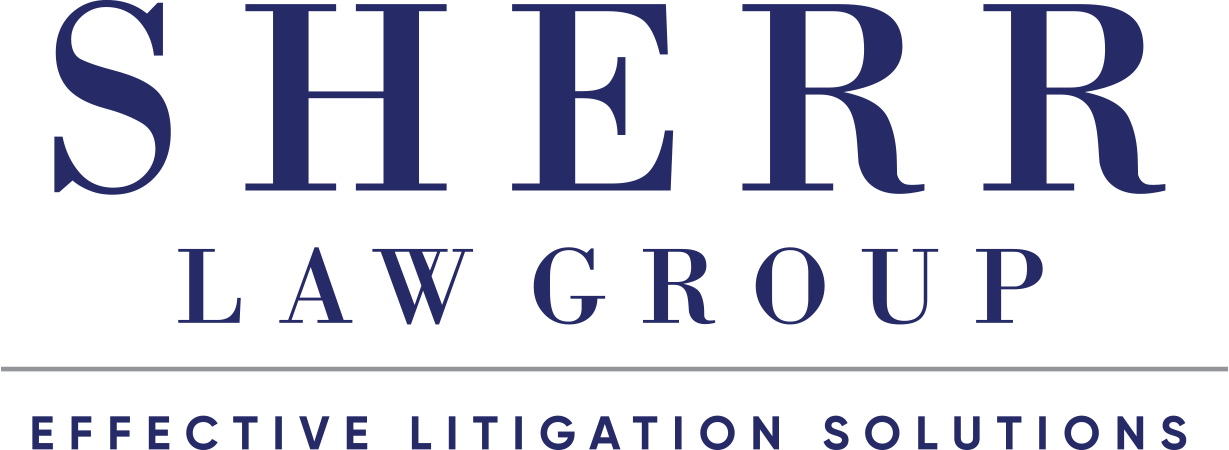In a Memorandum dated November 17, 2021, Judge Gene E.K. Pratter of the United States District Court for the Eastern District of Pennsylvania granted a preliminary injunction against Pennsbury School District which prohibited the District’s School Board from enforcing several aspects of its Policy governing public participation in school board meetings. It is understood that the policy language which was struck down as being unconstitutional was part of a Model Policy distributed by the Pennsylvania School Board Association.
The Opinion In The News
The opinion was extremely interesting to the press. The opinion and subsequent publicity appeared in the Bucks County Courier Times, Philadelphia Inquirer, and The Reporter. The subject matter is timely given the increased pressure on school boards and municipal boards concerning COVID prevention measures and Equity and Inclusion debates.
Precluding Public Comments Based upon View Point is Unconstitutional
Judge Pratter found that the policy which precluded public comments at recent school board meetings because the comments were deemed to be: “personally directed,” “abusive,” “irrelevant,” “disruptive,” “offensive,” “intolerant,” and “inappropriate.” However, precluding public comments in school board meetings based upon the view point violates the First Amendment. The Court further reasoned that the terms allow, and the manner that an assistant solicitor used the terms to prevent certain comments from being made at public meetings, to be impermissible viewpoint discrimination.
Freedom of Expression is a Constitutional Right
As Judge Pratter pointed out: “The government may not prohibit the expression of an idea simply because society finds the idea itself offensive or disagreeable.” The school district argued that an injunction would allow improper comments to be made at meetings, and that allowing such speech would “undoubtedly lead to violence.” In dismissing these arguments, the Court noted that the plaintiffs did not challenge the use of the term “obscene” or address the “reasonable decorum” requirement. The Court also noted that she watched the videos of the meetings and the primary instances where a speaker became heated, where yelling ensued, involved a Board representative – the Assistant Solicitor. The Court further noted that the plaintiffs did not challenge the portion of the policy which requires notification of law enforcement if “any individual threatens harm or makes inappropriate physical contact with another individual.”
Constitutional Protections of Public Comments
Given the heated political debate which will undoubtedly increase in the coming months and years at both school board and municipal meetings, public entities must be extremely aware and trained on proper conduct of meetings and Constitutional protections for public comments at such meetings. Moreover, while certainly well-intentioned, both the solicitor applying the policy and the Pennsylvania School Boards Association (PSBA) disseminating a model policy, need to increase their awareness of First Amendment jurisprudence.
Anthony Sherr and the Sherr Law Group have been advocating and consulting on these issues for over 35 years. If you have questions about conducting a public meeting at a municipal or school board meeting, in today’s heated climate, please contact Tony at tsherr@sherrlawgroup.com, or 484-591-3001.



